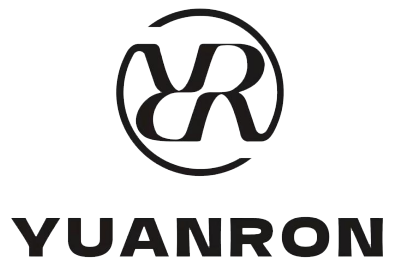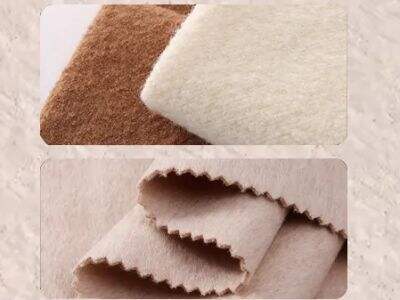Nylon vs Polyester: Industrial Uses
Both nylon and polyester are soft synthetic fabrics that are durable and very practical. Because nylon is firmer and more elastic, also quite resistant to abrasion on the other hand polyester is flexible enough as for strength requires; polyester does not shrink if washed in appropriate temperature water (cold medium-hot) it is a very hard material and even in hot temperatures it still do not wrinkle. When it comes to industrial uses, there are definite benefits of each fabric.
Pros and Cons of Nylon vs Polyester Industrial Uses
With a high strength to weight ratio, nylon is used in industrial application that need floppy or rigid material. Partially due to the strength of rubber, it is resistant to mildew, so it is also an option in oily or wet environments. Yet, Wool/Nylon Fabric tends to fade and is not easily dyeable—this last point serving as a potential hurdle for those in the industrial sector considering its color options.
The Industrial Application of Nylon and Polyester
Wool/Polyester Fabric on the other hand, is a universal fabric known for its excellent abrasion resistance and high chemical tensile strength making it an ideal fabric for heavy-duty industrial applications. Similarly, for industrial use or other similar purposes, polyester can be dyed in the wide range of colors that its content is available. Despite this, polyester is not as tough or stretchable as nylon, which can restrict its use in purposes designed for a more resilient fabric.
Nylon vs Polyester poll
Measuring the performance of nylon as well as polyester in industrial applications The overall aspects depends on what the specific application is for. For projects involving sturdier fabric like automotive parts or heavy-duty carriers, using nylon is an appropriate choice. The most practical application of polyester material is the making of protective clothing in laboratories and upholstery which may require strength from abrasion or chemicals.

 EN
EN







































